Ferd Wulkan stands in Montague Common Hall in his hometown of Montague, Mass., as 30 grown men and women (just a couple of women, really) gather around five long wooden tables—their brows furrowed with determination, their gray hair sweaty with exertion—to flip plastic discs into tiny red cups.
Welcome to the world of competitive tiddlywinks.
Wulkan, 68, is a world title holder in this quirky game popularized as a children’s activity, featuring “winkers” engaging in maneuvers with delightful names like squopping, nurdling, and gromping; players use a small disc called a squidger to flip smaller colored discs called winks into a red cup known as a pot.
Wulkan’s group has journeyed to this small town 90 miles west of Boston for a “golden jubilee” celebration: 2016 marks the 50th anniversary of the founding of the North American Tiddlywinks Association, which Wulkan and his friends helped form in 1966 to foster competitive winks gameplay between students at American universities. The NATwA and the English Tiddlywinks Association crown singles and pairs champions each year, who occasionally meet for the world title, when they’re able to pay for a trip across the Atlantic.
“For us nerds, a game that doesn’t require you to run fast, but does need physical dexterity and strategy is incredibly appealing,” said Wulkun, who with partner Patrick Driscoll is the reigning North American pairs champion. In all, Wulkun is a four-time pairs titlist.
[quote position="right" is_quote="true"]The world-class winkers game is not child’s play. Tournament winks invokes a level of seriousness and dedication seen among professional athletes.[/quote]
“We have people from England and the Grand Cayman Islands here to play, which speaks to the power of the game and how it brings people together,” Wulkan says of the event, which features the first gathering of so many master winkers in nearly a decade. “But, as you can see, it’s a bit of an older crowd. That’s part of the problem.”
Tiddlywinks is a dying sport, and Wulkan has pinned his hopes on this event inspiring the next generation of winkers. He fears his beloved pastime might become part of the nation’s past. “We’re losing players every year,” he says. “There are probably fewer than 100 left.”
Wulkan figured it would take a large public event to draw attention to this unconventional sport. So he planned his celebration to coincide with Montague’s annual “Old Home Days” festival. With its road race and parade, Wulkan knew he’d draw a big crowd of all ages. Wulkan arranged for a panel discussion with winking experts, as well as a display to explain the game’s long history and a how-to session for beginners. He was sure that if his neighbors saw what fun tiddlywinks could be, they would want to try it themselves.
Wulkan secured his space in Common Hall and put a sign outside inviting anyone to come in and try out the game. The winkers keep the doors open, and, as passersby hear men shout about boondocking, a few pop their heads inside to witness the commotion for themselves.
A few recognize the game from the bottom of their Trix cereal boxes or the Milton Bradley playsets they’d had as kids. Its simple premise and silly jargon have long made it a favorite of children. But for world-class winkers, this game is definitely not child’s play. Tournament winks invokes a level of seriousness and dedication seen among professional athletes, as well as highly technical rules and stipulations.
One major distinction between the two types of play is a move called “squopping,” which happens when a player flings his wink on top of his opponent’s wink, effectively putting it out of play. There are hundreds of variations of the squop, and dedicated winkers have played into the ridiculous-sounding terminology by naming moves after innovative shots they’ve made themselves, all of which are listed in an extensive winks lexicon.
In this way, these self-proclaimed nerds have turned the parlor game into something all their own, even though it was invented long before they were alive.
Tiddlywinks dates back to the late 1890s in England, though competitive gameplay didn’t begin until several decades later when college students organized tournaments at England’s Cambridge University in 1955. The sport made its way across the pond when a team from Oxford University took a tour of the United States in 1962. Life magazine chronicled these adventures, and childhood friends and then-high schoolers Wulkan and Severin Drix were hooked when they read the article. They decided tiddlywinks would be their sport.
When they reached college in the mid 1960s, Drix and Wulkan recruited players by papering their dorms with flyers at Cornell and MIT respectively, holding live demonstrations in the common rooms. They ended up finding dozens of classmates to compete with, and in 1966 helped form the North American Tiddlywinks Association to foster competitive play between universities.
[/vimeo]
Wulkan hopes his old recruiting tactics—the flyers and live demonstrations—will work during the jubilee. But by the beginning of the afternoon, not too many outsiders have ventured into the hall to play. While they wait, the world-class winkers compete against some of their old college rivals, intent on showing off their skills in what is the biggest gathering of winkers since the last anniversary party 10 years prior in Ithaca, N.Y.
“I do hope we get some newcomers in here,” Wulkan says. “Maybe things will pick up soon.”
After lunch, while the parade was going on outside, Wulkan and some of his old college rivals decide to face off in a game at one table. As they play, a few Home Days attendees wander into the hall. Among them is Noah Charney and his two-year-old son, Jonah, who walks up to a table and grabs a red cup. Another winker shows Jonah how to hold the squidger, and they playfully toss discs into a cup.
Two crucial games are happening within a few feet of each other—one amongst old friends who rarely get the chance to wink against one another, and one amongst new players seeing what the game was all about.
After Wulkan’s game ends, he looks over at the Charneys and some other newcomers who have wandered in. He walks between the tables and shows the newcomers how to flip discs, and encourages other veteran players to do the same. Soon, the tables are filled with winkers—old and new—playing together and celebrating the game.
As he watches, Wulkan smiles, knowing that one of the greatest lessons tiddlywinks has taught him still holds true: In a blink—a wink—everything can change.












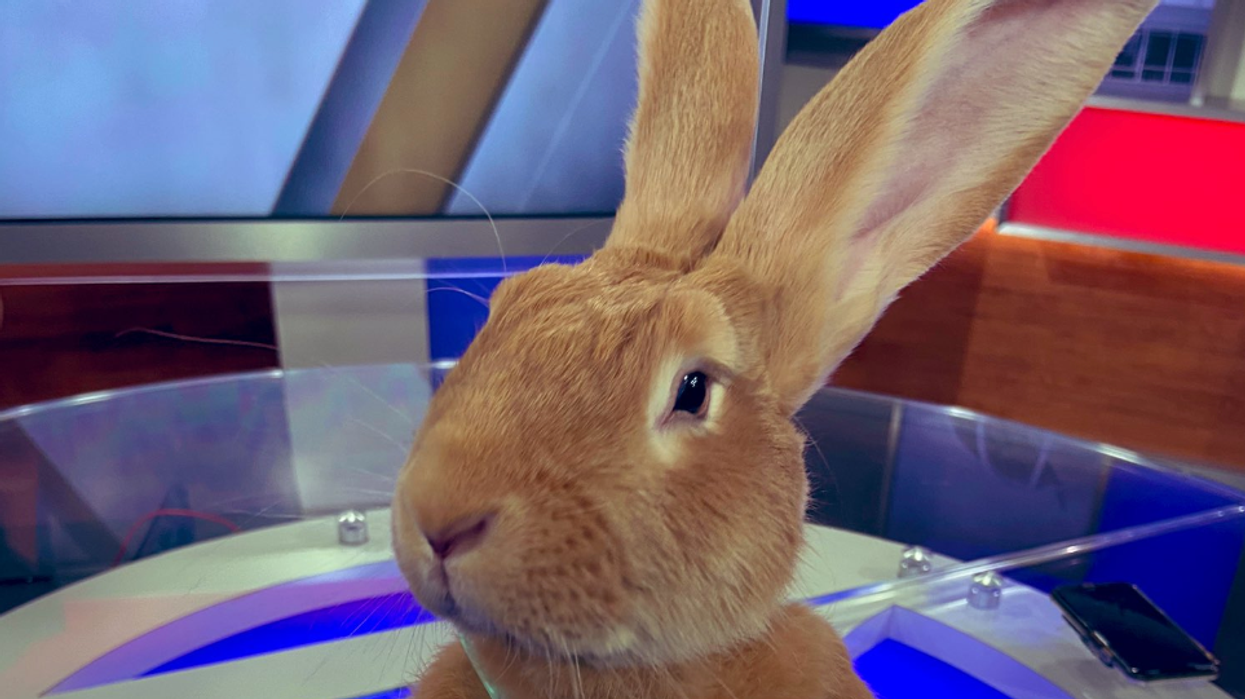


 This doggo has some concerns. Photo by
This doggo has some concerns. Photo by  Ready to eat.Photo by
Ready to eat.Photo by 

 Let us all bow before Gary, the Internet's most adventurous feline. Photo credit: James Eastham
Let us all bow before Gary, the Internet's most adventurous feline. Photo credit: James Eastham Gary the Cat enjoys some paddling. Photo credit: James Eastham
Gary the Cat enjoys some paddling. Photo credit: James Eastham James and Gary chat with Ryan Reed and Tony Photo credit: Ryan Reed
James and Gary chat with Ryan Reed and Tony Photo credit: Ryan Reed


 Rock deterioration has damaged some of the inscriptions, but they remain visible. Renan Rodrigues Chandu and Pedro Arcanjo José Feitosa, and the Casa Grande boys
Rock deterioration has damaged some of the inscriptions, but they remain visible. Renan Rodrigues Chandu and Pedro Arcanjo José Feitosa, and the Casa Grande boys The Serrote do Letreiro site continues to provide rich insights into ancient life.
The Serrote do Letreiro site continues to provide rich insights into ancient life.

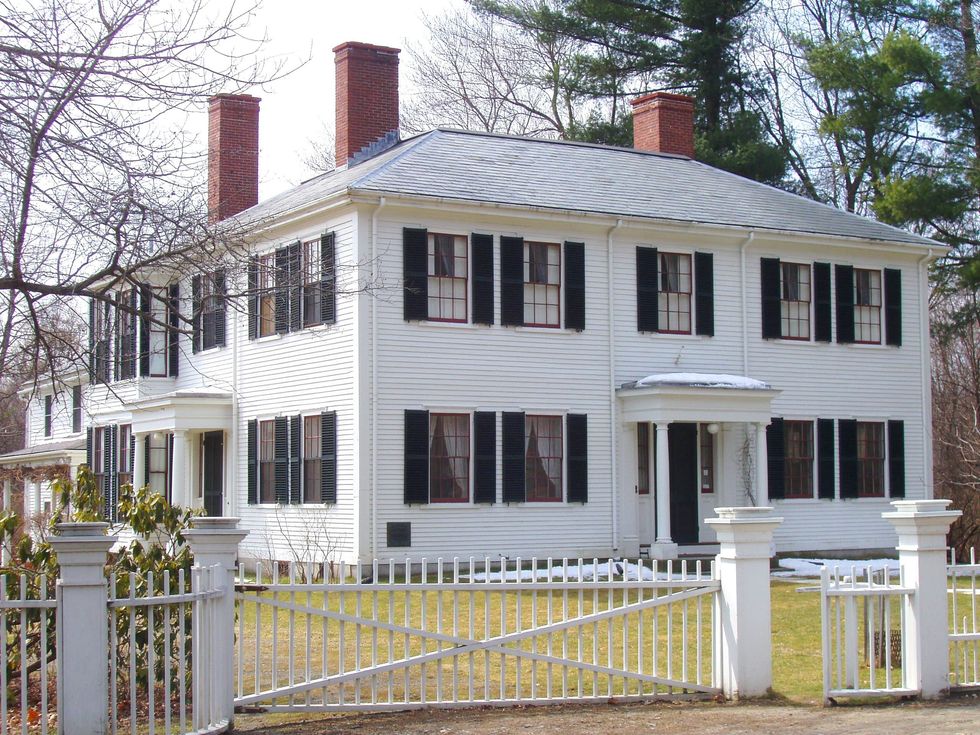 File:Ralph Waldo Emerson House (Concord, MA).JPG - Wikimedia Commons
commons.wikimedia.org
File:Ralph Waldo Emerson House (Concord, MA).JPG - Wikimedia Commons
commons.wikimedia.org

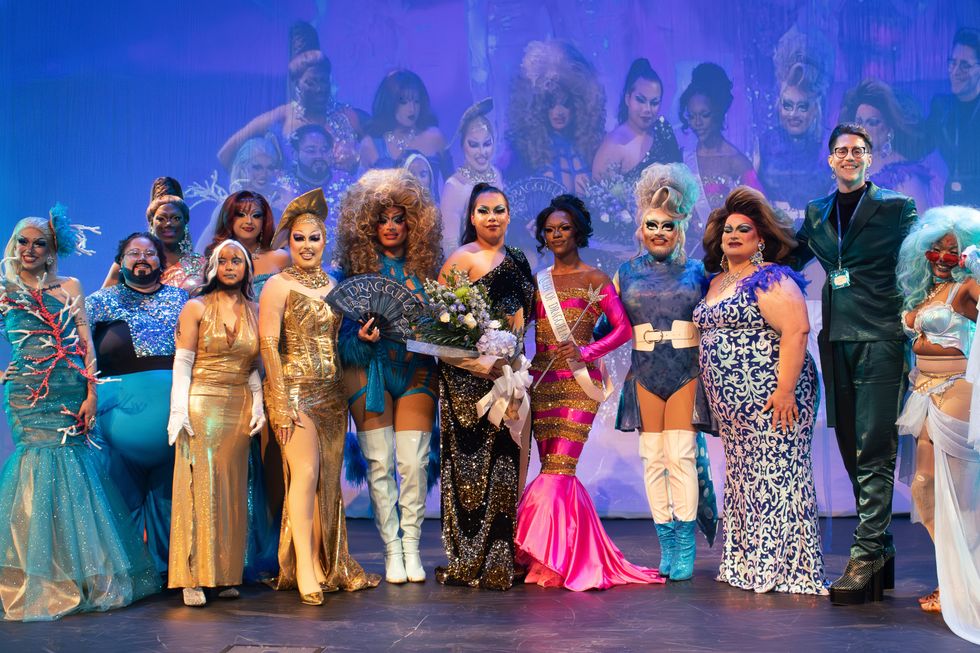 The contestants and hosts of Draggieland 2025Faith Cooper
The contestants and hosts of Draggieland 2025Faith Cooper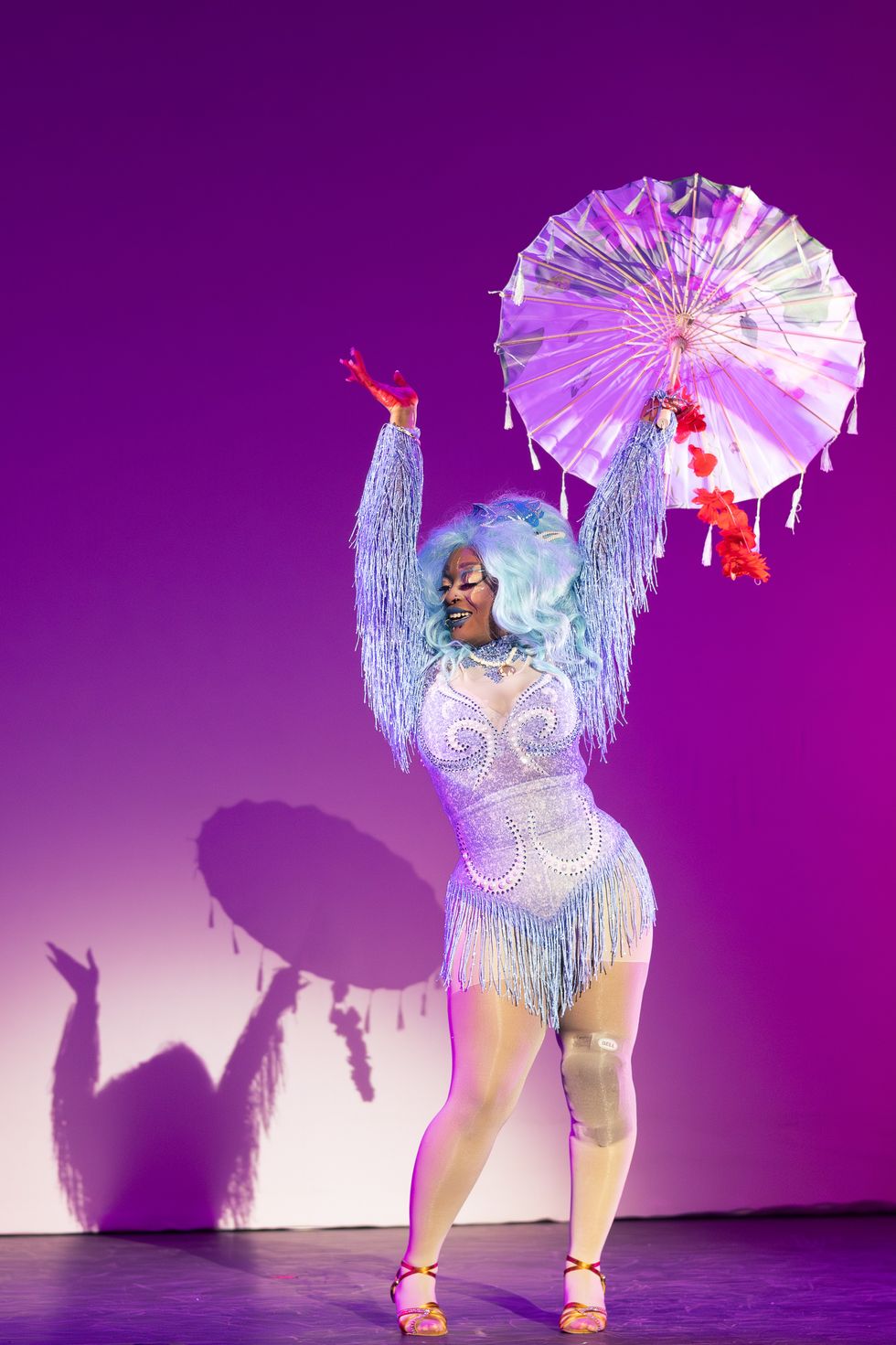 Dulce Gabbana performs at Draggieland 2025.Faith Cooper
Dulce Gabbana performs at Draggieland 2025.Faith Cooper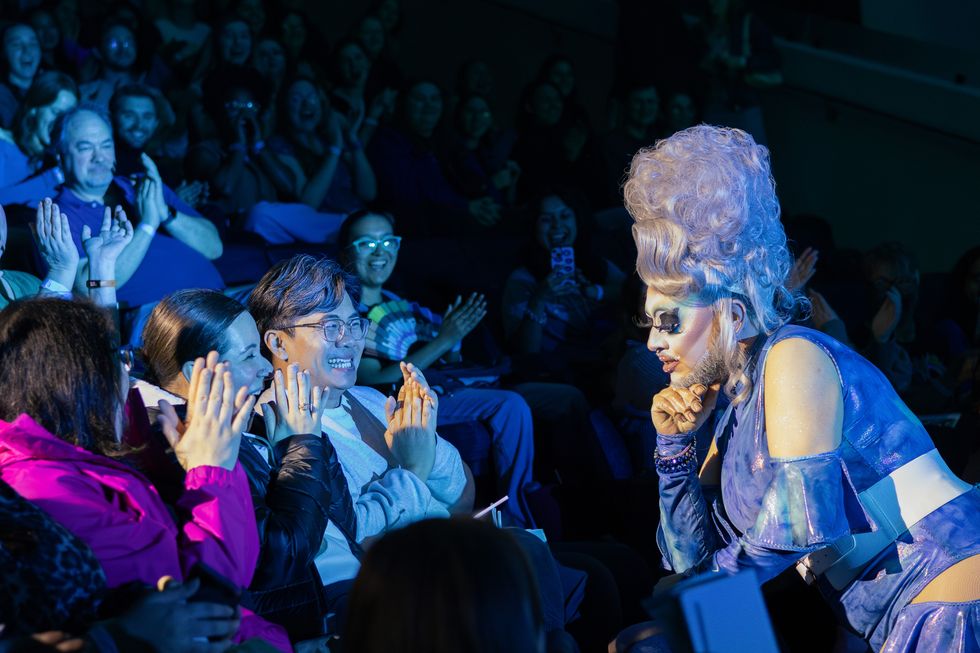 Melaka Mystika, guest host of Texas A&M's Draggieland, entertains the crowd
Faith Cooper
Melaka Mystika, guest host of Texas A&M's Draggieland, entertains the crowd
Faith Cooper